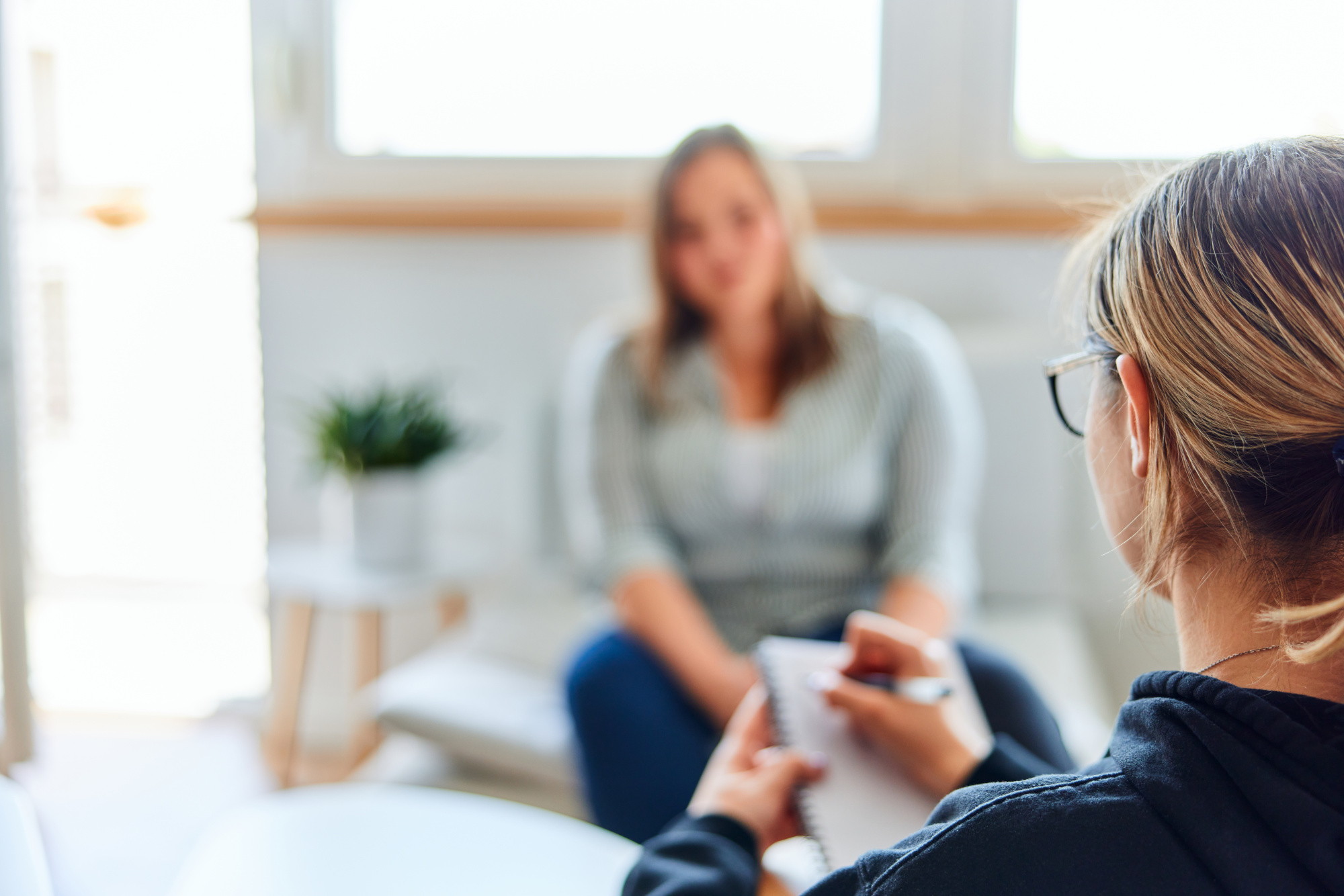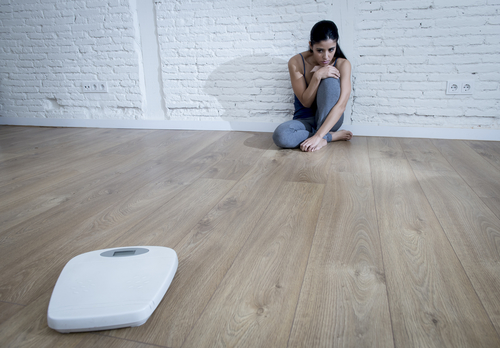September is National Recovery Month, a SAMHSA (Substance Abuse and Mental Health Services Administration)-sponsored event that boosts awareness and comprehension of mental and substance use disorders, and honors the individuals living in recovery.
National Recovery Month (AKA Recovery Month) is held each September to teach Americans that substance use treatment, as well as mental health services, can allow those with a mental and/or substance use disorder to live both a healthy and rewarding life.
Recovery Month celebrates the gains made by those in recovery, just as we celebrate health improvements made by those who are managing other health conditions such as hypertension, diabetes, asthma, and heart disease. The observance reinforces the positive message that behavioral health is essential to overall health, prevention works, treatment is effective, and people can and do recover.
SAMHSA Recovery Month Themes
The 2018 Recovery Month theme, ‘Join the Voices for Recovery: Invest in Health, Home, Purpose, and Community’ explores how integrated care, a strong community, sense of purpose, and leadership contributes to effective treatments that sustain the recovery of persons with mental and substance use disorders. The 2018 observance also aims to increase awareness and encourage audiences to take advantage of the increased dialogue around behavioral health needs and the increased emphasis on tackling our nation’s opioid crisis.
Scientists who study substance use have discovered that women who use drugs can have issues related to hormones, menstrual cycle, fertility, pregnancy, breastfeeding, and menopause. In addition, women themselves describe unique reasons for using drugs, including controlling weight, fighting exhaustion, coping with pain, and attempts to self-treat mental health problems.
So how are the four pillars of this year’s theme positively affected by recovery and what can you do, as a female, to embrace them?
Health
Health is key to anyone’s recovery, physical and mental. So before you can truly make a commitment to recovery, you need to make a commitment to your health. As a woman (and possibly a single mother), you might have more to worry about than a man but it all starts here.
SAMHSA defines health as making informed, healthy choices that support physical and emotional well-being. Mental and substance abuse disorders can have a powerful effect on the health of individuals, their families, and their communities. In 2014, an estimated 9.8 million adults aged 18 and older in the United States had a serious mental illness, and 1.7 million of which were aged 18 to 25. Also 15.7 million adults (aged 18 or older) and 2.8 million youth (aged 12 to 17) had a major depressive episode during the past year. In 2014, an estimated 22.5 million Americans aged 12 and older self-reported needing treatment for alcohol or illicit drug use, and 11.8 million adults self-reported needing mental health treatment or counseling in the past year. These disorders are among the top conditions that cause disability and carry a high burden of disease in the United States, resulting in significant costs to families, employers, and publicly funded health systems. By 2020, mental and substance use disorders will surpass all physical diseases as a major cause of disability worldwide.
Home
Obviously, a happy, healthy home life can help tremendously with your recovery. But what if you’re one of the unfortunate ones with no home to go to, then you need to turn to recovery homes that can help people in their early recovery because at the end of the day, home is defined by SAMHSA as ‘having a stable and safe place to live’. For people in early recovery, they’ve had to give up pretty much everything they’ve known because those people, places, and things may put them at risk for relapse, so it can be fairly isolating.
A recovery house can fill that void with a safe place to be in, compassionate people, and a life that’s filled with purpose (more on that later!). High rates of relapse have led to these peer-run, recovery-oriented housing schemes. These homes offer safe, alcohol- and drug-free environments that afford people in recovery a place to be surrounded by like-minded people who are all chasing the same goals; recovery and wellness. If you have been in an abusive living situation previously, a recovery house is necessary for your well-being.
Purpose
If you don’t have purpose or intention, where does that lead you? It leads nowhere as some of you may already know. But by adding purpose to your life, you add meaning, you add goals. SAMHSA defines it as ‘conducting meaningful daily activities, such as a job, school volunteerism, family caretaking, or creative endeavors, and the independence, income, and resources to participate in society.’
Community
SAMHSA defines it as having relationships and social networks that provide support, friendship, love, and hope. It’s people to lean on when you need them, and it’s the pleasure of being leaned on yourself for advice by those who need you too.
As a woman, you need to understand how substance abuse affects you differently than men, as these facts from the National Institute on Drug Abuse attest:
- Women often use substances differently than men, such as using smaller amounts of certain drugs for less time before they become addicted.
- Women can respond to substances differently. For example, they may have more drug cravings and may be more likely to relapse after treatment.
- Sex hormones can make women more sensitive than men to the effects of some drugs.
- Women who use drugs may also experience more physical effects on their heart and blood vessels.
- Brain changes in women who use drugs can be different from those in men.
- Women may be more likely to go to the emergency room or die from an overdose or other effects of certain substances.
- Women who are victims of domestic violence are at increased risk of substance use.
- Divorce, loss of child custody, or the death of a partner or child can trigger women’s substance use or other mental health disorders.
- Women who use certain substances may be more likely to have panic attacks, anxiety, or depression.
So spend this year’s National Recovery Month working on the most important thing in your life – you.



